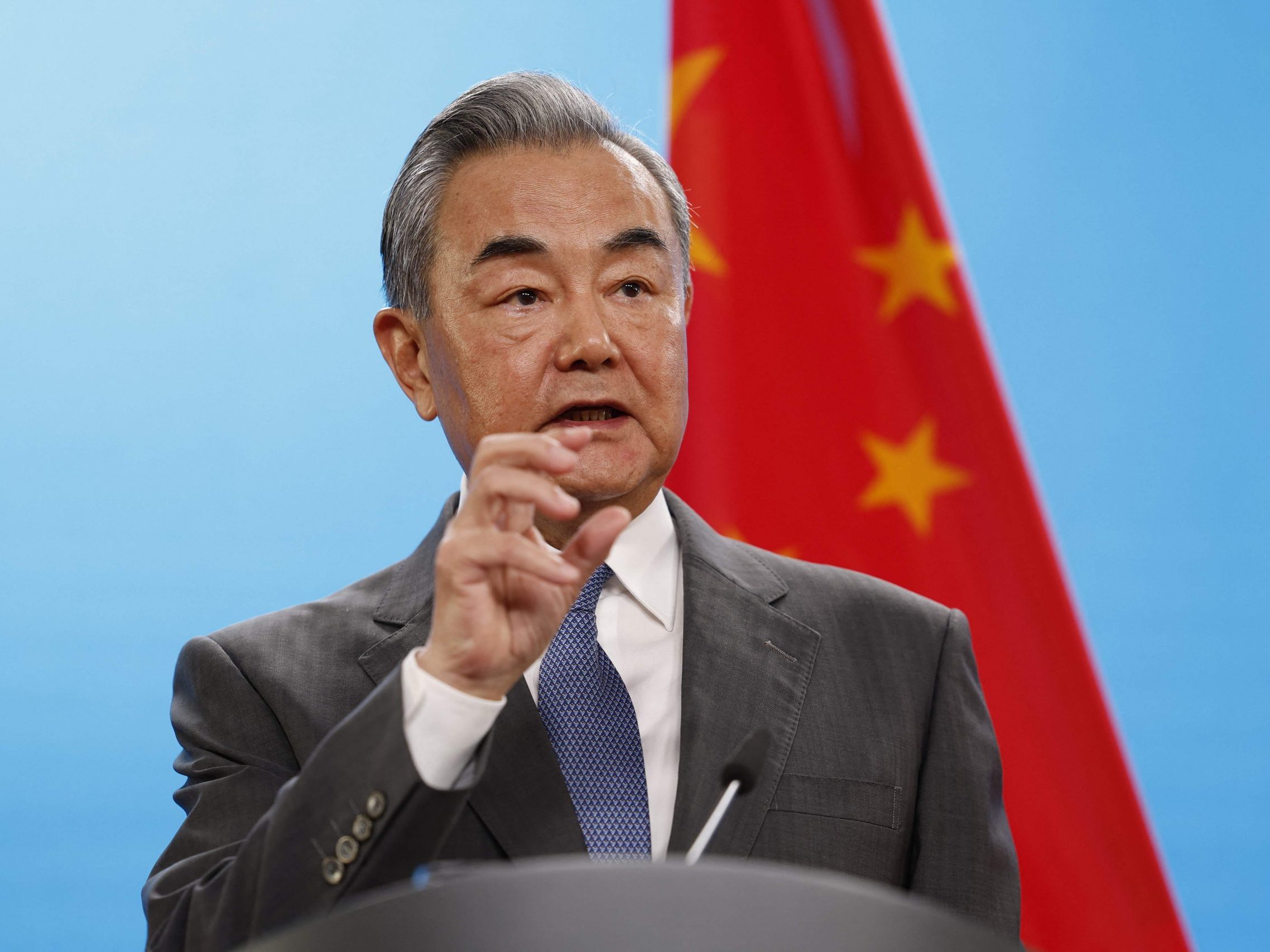High Visit from China on Friday in Vienna

The Chinese Foreign Minister Wang Yi will arrive in Vienna on Friday. Wang will also meet his counterpart Beate Meinl-Reisinger (NEOS), a spokesperson confirmed to APA upon request. It is a "completely normal bilateral meeting." There will be no press appointments due to the tight schedule of the Chinese guest. The visit was initially reported on Tuesday by "Presse" foreign policy chief Christian Ultsch in his email newsletter.
Meinl-Reisinger and Wang had personal contact for the first time at the end of April. "I look forward to further deepening bilateral relations with China," the Foreign Minister stated after an "excellent phone conversation" with her counterpart at the time. Austria and China "share a commitment to a multilateral, rules-based international order." Additionally, China is Austria's largest trading partner in Asia and an important source market for Austrian tourism.
China's Foreign Minister Wang not in Vienna for the first time
The influential Chinese chief diplomat knows Vienna very well, having been in the Austrian capital multiple times during the talks on the Iranian nuclear program between 2014 and 2018. In May 2023, he met with the US National Security Advisor, Jake Sullivan, for extensive talks in Vienna. During this visit, there was also a meeting with the then Foreign Minister Alexander Schallenberg (ÖVP). It was only in February that Schallenberg had a conversation with Wang at the Munich Security Conference (MSC).
China plays an important role in efforts to end the Russian war of aggression against Ukraine. Beijing is committed to the territorial integrity and sovereignty of the country but does not participate in international sanctions against the aggressor Russia. Instead, China and Russia are expanding their bilateral relations.
Human rights issues, trade disputes, security concerns
European-Chinese relations have been strained in recent years by human rights issues and trade disputes. There were also security concerns regarding the involvement of Chinese companies in key areas such as IT infrastructure. Following the US example, several European countries excluded companies like Huawei or ZTE from network equipment. The social network TikTok, operated by a Chinese company, is also controversial due to its role in political campaigns.
The trade war initiated by US President Donald Trump has pushed economic and security policy conflict lines between Europe and China into the background. Recently, voices in Europe advocating for a closer trade partnership with China have become louder.
(APA/Red)
This article has been automatically translated, read the original article here.





